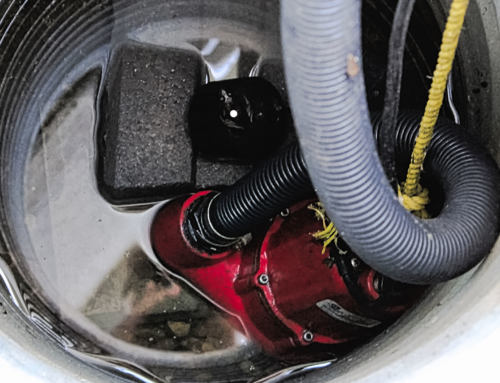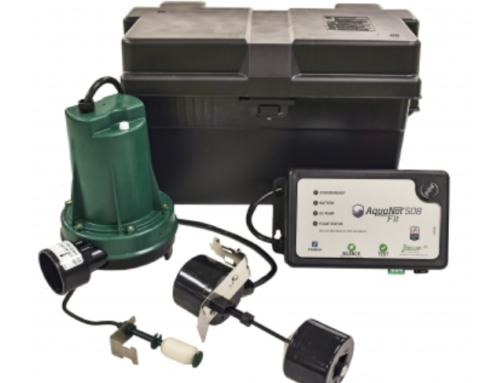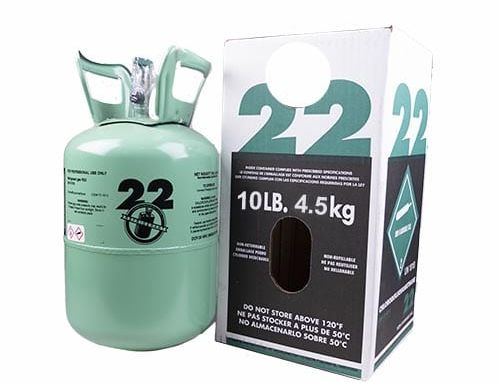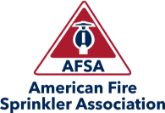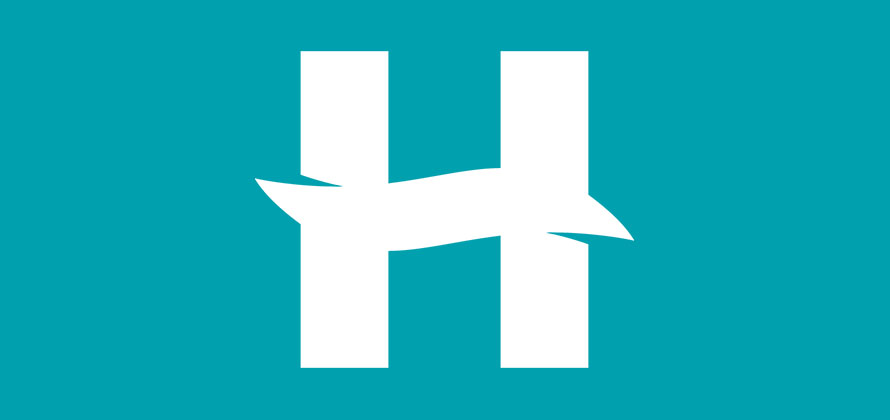
Winter is knocking at the door, and that means it’s time to start thinking about preparing your cabin for the cold months ahead. Here are some tips that can help you save energy and prevent costly problems.
Check your furnace
A clean, well-adjusted heating system will save money on fuel and prolong furnace life. Tasks you can do yourself include vacuuming the furnace interior, changing the air filter, and checking any belts for wear. Call a reputable repair service for more in-depth maintenance. If you don’t plan on using your cabin during the cold winter months and are winterizing the plumbing, you can turn the furnace off.
Winterize plumbing
If you are going to completely close the cabin, you can shut off the water and winterize the plumbing. Bleed pipes and water heater lines completely and use recreational vehicle antifreeze, which is rated for potable water lines and is not as toxic as regular antifreeze. If you have never winterized plumbing before, you may want professional assistance to ensure the job is done correctly.
For those using the cabin periodically throughout the winter, set the thermostat to 50 degrees and open the doors of cabinets that have pipes in them so heat can get in. Pipes can also be insulated or wrapped with heat tape.
Take care of your lawn
If you absolutely must fertilize, use a phosphorus-free product and do not apply any fertilizer within 20 feet of lakes and streams. Even if your home is not located near a lake, it is important to go phosphorus-free, because stormwater runoff from lawns carries phosphorus into nearby water bodies.
Raking leaves and composting them will also help keep lakes clean and provide you with a great natural fertilizer in the spring. Also, don’t forget to clean out gutters and add the material to the compost pile.
Seal windows and air leaks
Go through your cabin and seal windows and air leaks to help conserve energy and save money if you heat your cabin year-round. While you check for air leaks, you may also want to have some steel wool on hand to plug any holes large enough to invite critters into the cabin while you are away. Mothballs or dryer sheets around the cabin also to keep unwanted pests out.
Check your appliances
If you are shutting off the heat in the cabin for the winter, you will want to drain any appliance that uses water. You’ll also want to double-check appliances such as gas water heaters, washers and plumbing fixtures. Check the owner’s manual for specific guidelines.
Many electrical appliances use energy when they are plugged in—even when they are not in use. Conserve energy, prevent fires, and protect appliances and electronics by unplugging them when they are not in use.
Finally, don’t forget to cover the outdoor air conditioning unit if you have one.
Maintain your septic system
It is important to have your septic tank pumped out regularly. How frequently depends on how often the cabin is used and by how many people. Keeping your cabin’s septic system working properly avoids the risk of it leaking and possibly contaminating groundwater.
To help prevent septic systems from freezing, spread a layer of straw or leaves over the system to provide insulation.

